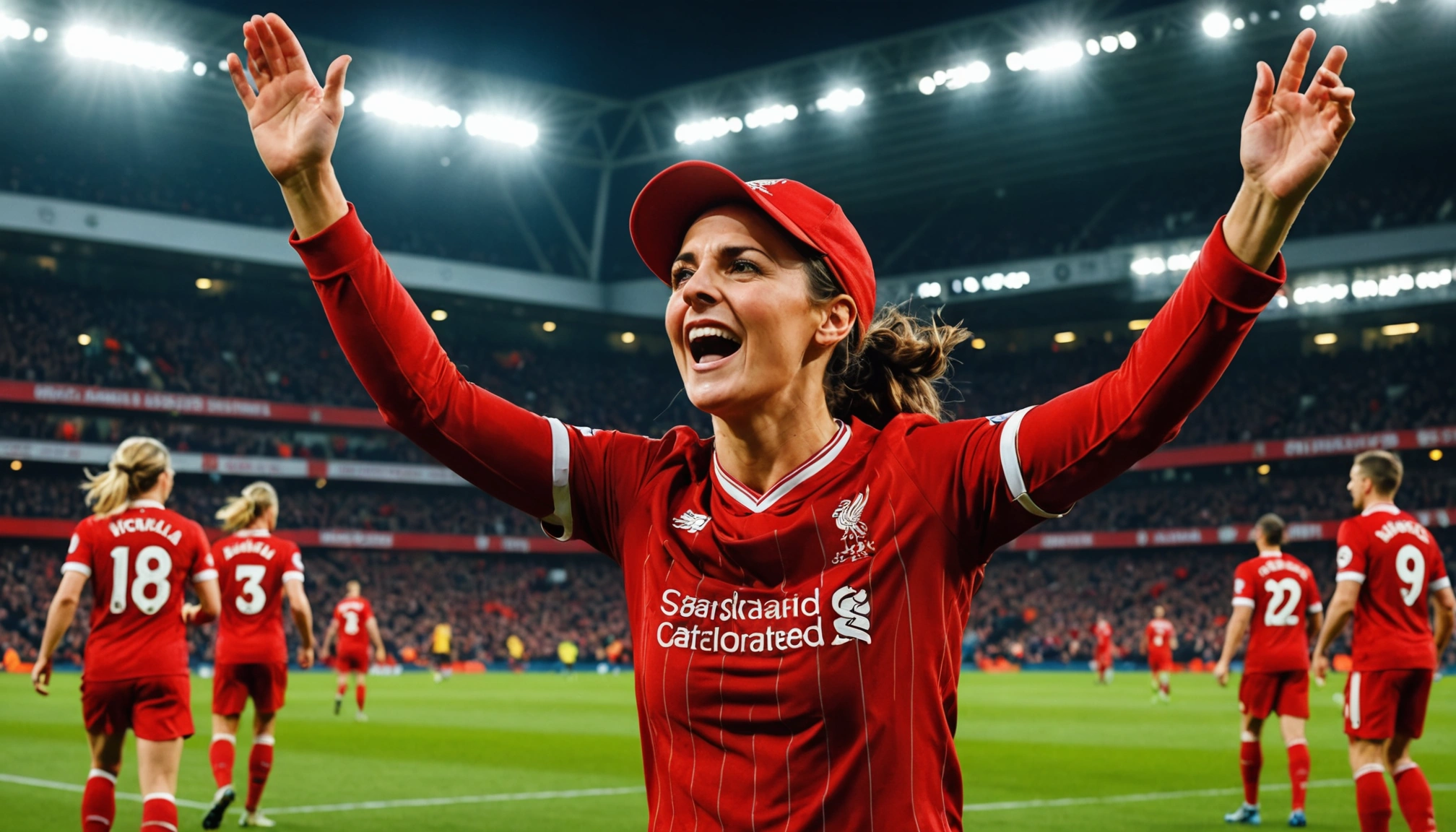Celtic's £77m Cash Reserve Highlights Financial Strength
Celtic boasts £77.3m cash assets after a £33.9m profit, balancing squad investment and financial stability for sustained success.

By Editorial
Celtic's Financial Overview For 2025
Celtic Football Club has revealed robust financial results for the year ending June 30, 2025, with cash assets standing at an impressive £77.3 million. This strong position follows a post-tax profit of £33.9 million, significantly up from £13.4 million recorded the previous year. These figures underscore Celtic's evolving commercial strength and strategic financial management amid the competitive world of Scottish football.
Revenue Growth Driven By Champions League Performance
The club's revenue surged by 15.2% to £143.6 million, largely attributed to their extended run in the UEFA Champions League. Participation in Europe's premier club competition not only boosts gate receipts and broadcasting income but also enhances global brand recognition. This growth contrasts with many Scottish Premiership peers, reflecting Celtic's stature and ambition.
The impact of European competitions on club finances
Competing at the highest European level introduces lucrative financial rewards but carries risks if qualification fails. Celtic's recent shock play-off exit to Kazakhstan's Kairat Almaty was a setback, with chief executive Michael Nicholson accepting board responsibility. Such results can affect short-term revenues, underlining the fine balance clubs must maintain between sporting success and financial prudence.
Investment In Playing Squad And Wage Bill
Despite cautious net spending of just over £7 million on transfers, Celtic reinvested heavily in their squad, with total player and agent fees reaching £42.6 million this past year. Chairman Peter Lawwell confirmed that the first-team wage bill hit record levels, reflecting the club's commitment to attracting and retaining top talent. Over the last three years, total investment in players and agents sums to £77.5 million.
Balancing ambition and financial responsibility
Lawwell emphasised that while the club aims to field its strongest possible team, they must consider the long-term financial implications of any decisions. This careful approach has been pivotal to Celtic's success over two decades, blending short-term performance with sustainable growth.
Summer Recruitment And Fan Expectations
The summer of 2025 saw Celtic sign 11 new players, including notable names like Benjamin Nygren, Kieran Tierney, Michel-Ange Balikwisha, and Sebastian Tounekti. However, Lawwell acknowledged the frustration among supporters concerning the transfer window's outcomes. The club shares fans' ambition for excellence on the pitch and remains committed to strengthening the squad further.
Fans eager to keep up with Celtic's progress and other football updates can explore our football scores and fixtures guide for September 2025, providing comprehensive coverage of the season's key matches.
Strategic outlook for sustained success
Celtic’s board remains focused on a strategy that balances immediate sporting success with long-term financial stability. This approach has underpinned the club's achievements and helped maintain its dominant position in Scottish football. The £77.3 million cash reserve offers a solid foundation to navigate future challenges, including the high stakes of European competition and domestic expectations.
Examples of financial strategy in football
Similar strategies have been seen in other clubs balancing investment with sustainability. For instance, the approach taken by some Premier League clubs involves measured spending combined with youth development to reduce transfer dependency. Celtic’s emphasis on this balance is a testament to prudent leadership amid a challenging financial landscape.
The broader context of Scottish football finances
In comparison to many Scottish Premiership rivals, Celtic's financial robustness is a standout. The club's ability to generate revenue and maintain a high wage bill without jeopardising financial health places it in a strong position domestically and in Europe. However, challenges remain with increasing competition and the need to continually invest in talent.
Fan engagement and transparency
Lawwell and the board have been transparent about both successes and shortcomings, fostering trust with supporters. This openness, combined with a clear ambition to build a strong squad, helps maintain fan loyalty even during challenging periods, such as the recent Champions League qualifying disappointment.
Conclusion: Celtic's financial strength supports sporting ambitions
Celtic's £77.3 million cash reserve and £33.9 million profit highlight a club that is not only successful on the pitch but also financially stable. This balance allows for continued investment in the squad while safeguarding the club’s future. Fans and stakeholders alike can take confidence in Celtic’s strategy as it seeks to reclaim European glory and maintain domestic dominance.
For those interested in the wider sporting landscape, our coverage includes insights on other major events such as the key golf tournaments to watch from September 2024 and the latest developments in football and beyond.
Related topics
Editorial
Sports expert at SportsScoop
Specialist in sports analysis and journalism
Related articles
Want to read more?
Explore our comprehensive collection of sports articles and analysis, or contact us for more information.



